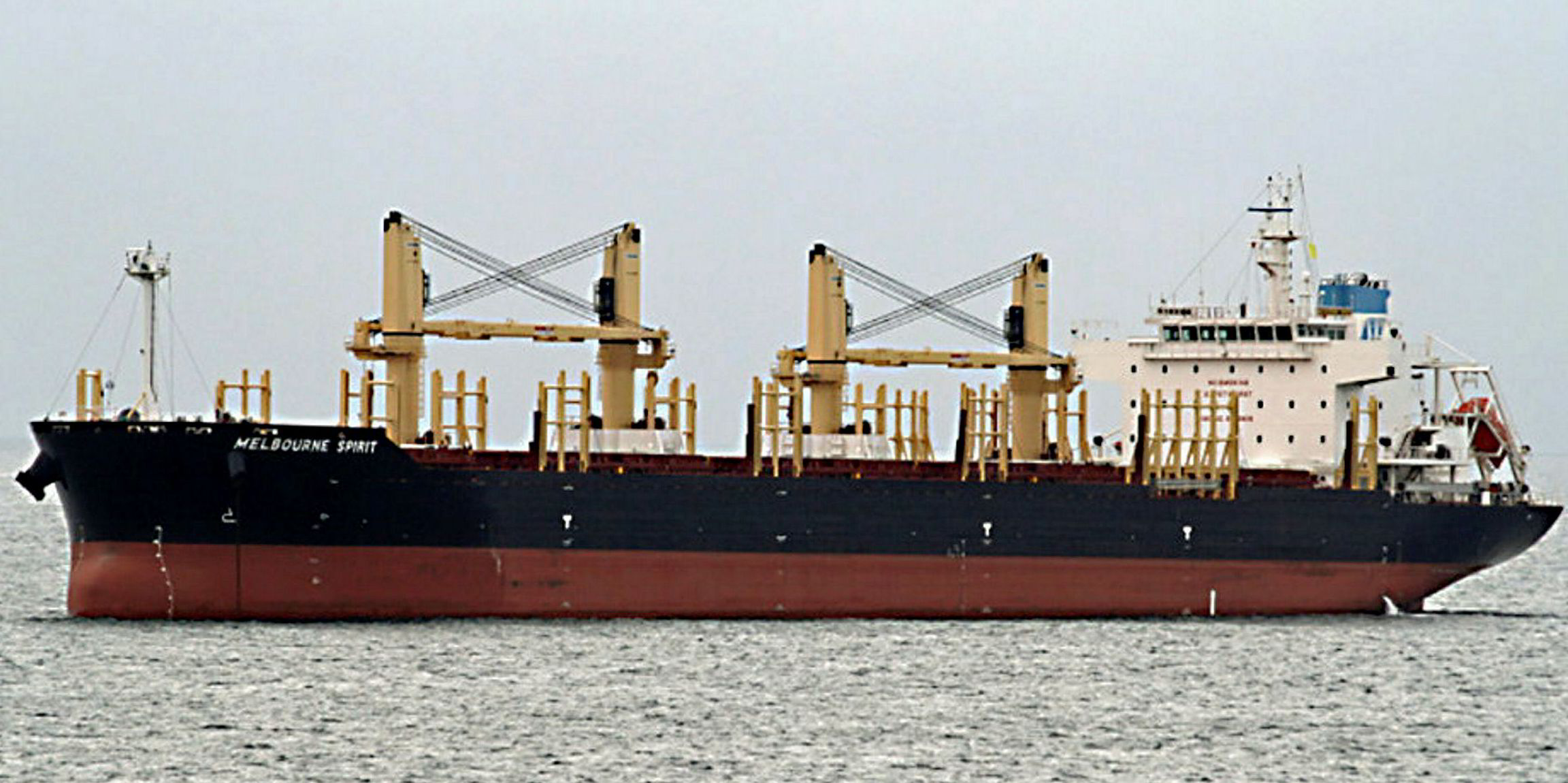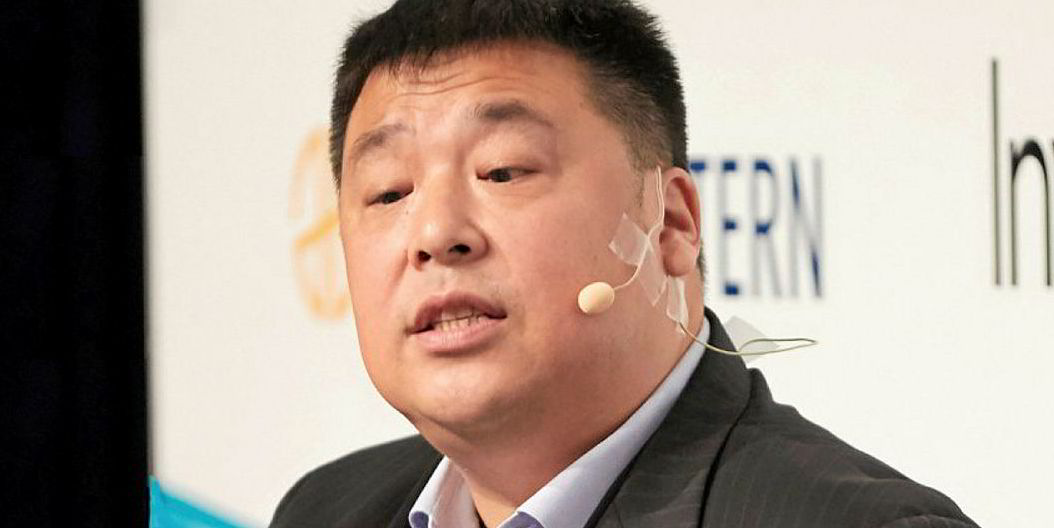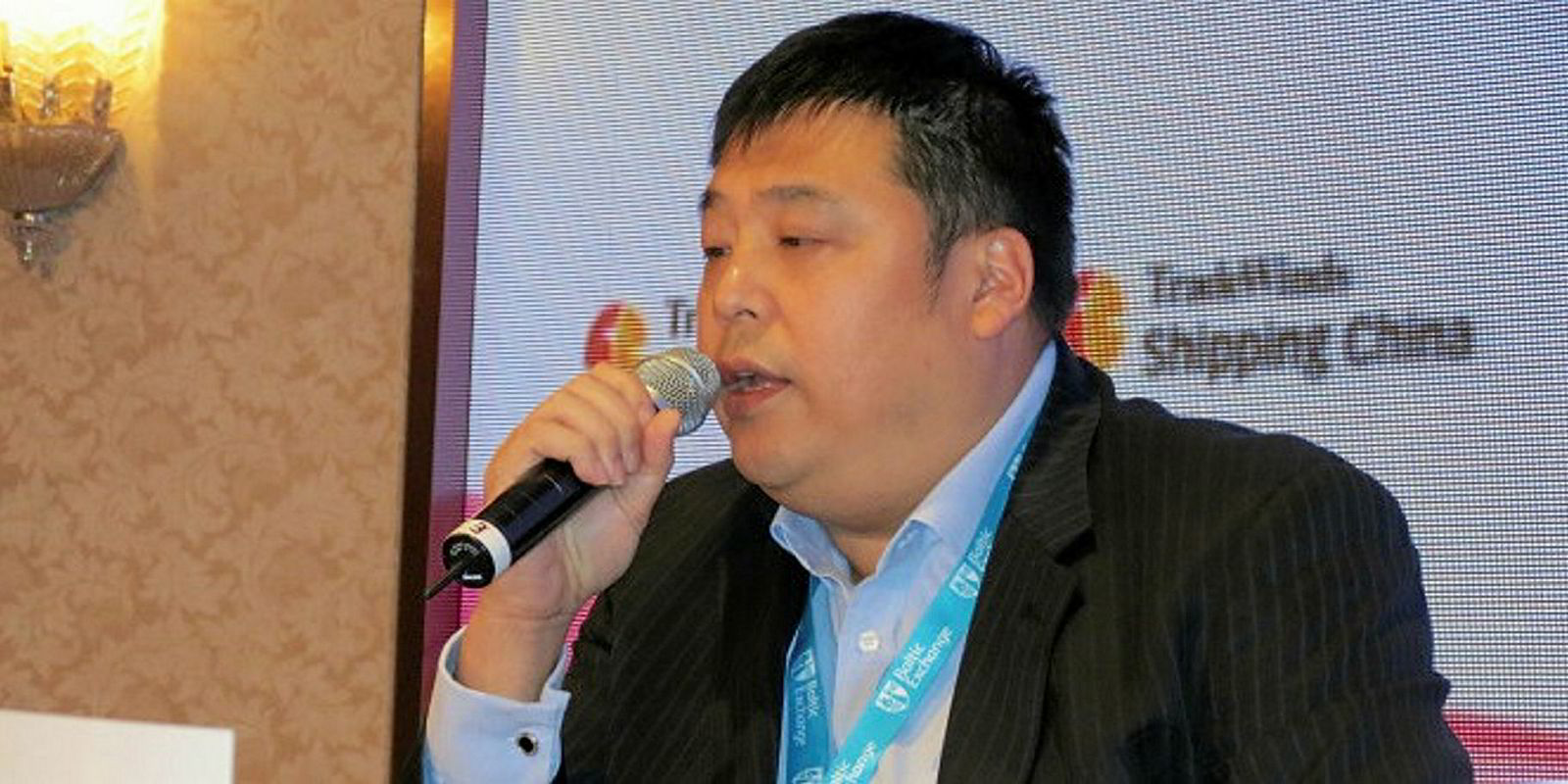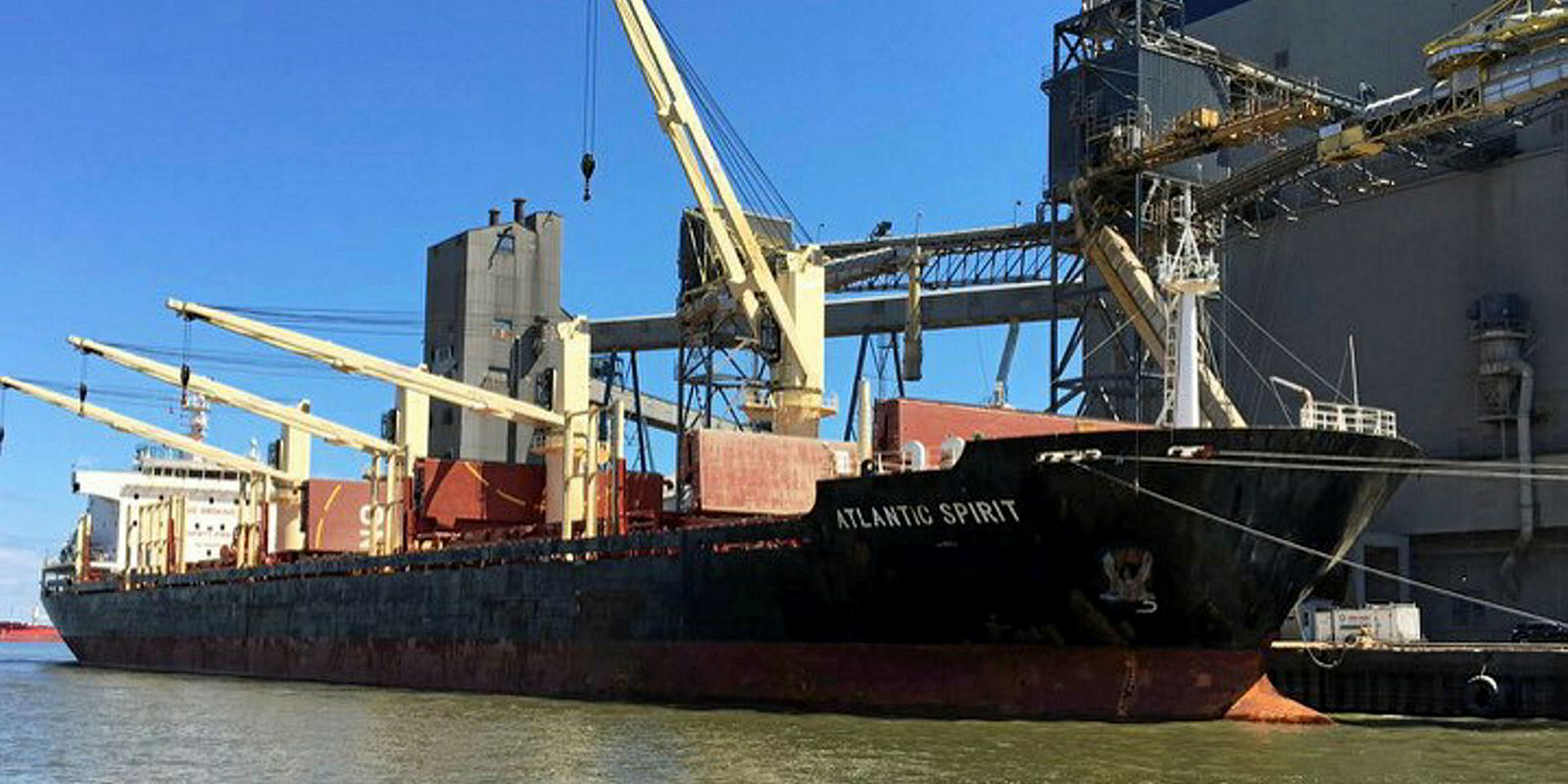Turmoil at Chinese state-controlled investment bank CLSA is unlikely to affect its key shipping investment, Asia Maritime Pacific (AMP), according to informed observers.
CLSA has seen a steady stream of defections this year, first of analysts, then of top executives. Last week, an investigation by the Bloomberg news service cited departing top-level CLSA staff for details of a culture clash with its dissatisfied owner, Citic Securities, in Beijing.
Citic purchased Hong Kong-based CLSA, the former Credit Lyonnais Securities Asia, in 2013 for a reported $1.3bn in hopes of turning it into a world-leading investment bank.
Global clout
Its main holding in the shipping world is privately owned Hong Kong and Shanghai-based handysize player AMP. CLSA was an original sponsor of AMP and is believed to retain a majority shareholding alongside minority interests including Paul Over.
AMP controls a fleet of 40 bulkers — 24 handysizes and 16 smaller vessels — in addition to pool operations.
“It is business as usual here,” AMP chief executive Mark Young told TradeWinds. He declined to comment on matters related to the company’s shareholders or their strategy.

Sources close to AMP said CLSA has shown no signs of losing patience with its shipping exposure, and that its oversight of its maritime investment occurs at an operational level too far removed from the top for AMP to have felt any shock waves.
TradeWinds understands that the two Citic officials who serve on the AMP board have continued without interruption amid the CLSA turmoil.
The flood of top-level departures has put in question Citic’s plan to use CLSA to create a state-controlled investment bank with the global clout of Goldman Sachs or Morgan Stanley.
Individual and group defections from CLSA to competitors such as Jefferies and Credit Suisse have made news throughout the year, but last week’s Bloomberg report put the total at more than 50, including chairman Tang Zhenyi, chief executive Jonathan Slone, chief operating officer Nigel Beattie and the heads of trading, research and market strategy.
The defections came after the expiration of a five-year agreement under which Citic agreed not to interfere in CLSA’s management, and after the Citic Securities chairman responsible for the CLSA acquisition had retired.
The Bloomberg report revealed details of a January meeting in Beijing at which new Citic chairman Zhang Youjun shamed CLSA executives by name for poor investment returns.





